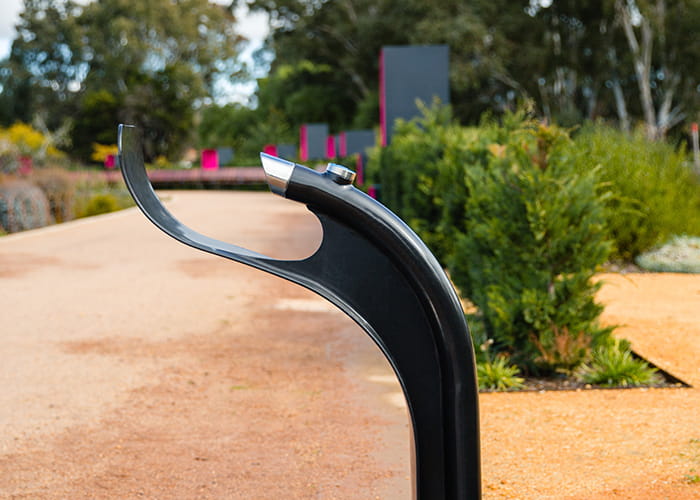StreetChat interviewed Ellen Naismith, Access Consultant with Architecture & Access to find out the latest recommendations around the DDA and accessibility for street furniture products. Naismith says accessibility is a high-priority design consideration for public spaces in Australia, but it is also often misunderstood, and the needs of users may differ widely between projects. Architecture & Access is the largest access consultancy in Australia. The practice refers to the principles of universal design, which aim to make the built environment usable by all people in the community, regardless of their age or ability. 1. What is the main key to designing accessible spaces? ‘Spaces’ include existing infrastructure (indoor and outdoor), and temporary infrastructure provided for festivals and events. For any space to be truly inclusive, it should be designed with …
streetchat

AS1428.2
It is vital to ensure that public amenities cater to the diverse needs of all individuals. This article explores the implementation of the Australian Disability Discrimination Act 1992 (DDA) and Australian Standards 1428.2 in the design and installation of accessible drinking fountains in the public realm. The DDA makes it unlawful to discriminate against a person in many aspects of public life, including accessing public places, because of their disability. The Australian Standards 1428.2: Design for Access and Mobility, known as AS1428.2, sets out guidelines for street furniture, including accessible drinking fountains. Street Furniture Australia’s Arqua Fountain is suitable for people using wheelchairs, and is also comfortable for people with a disability who are on their feet, according to independent testing by Mark Relf, Access Consultant with Accessibility Solutions. Where …



